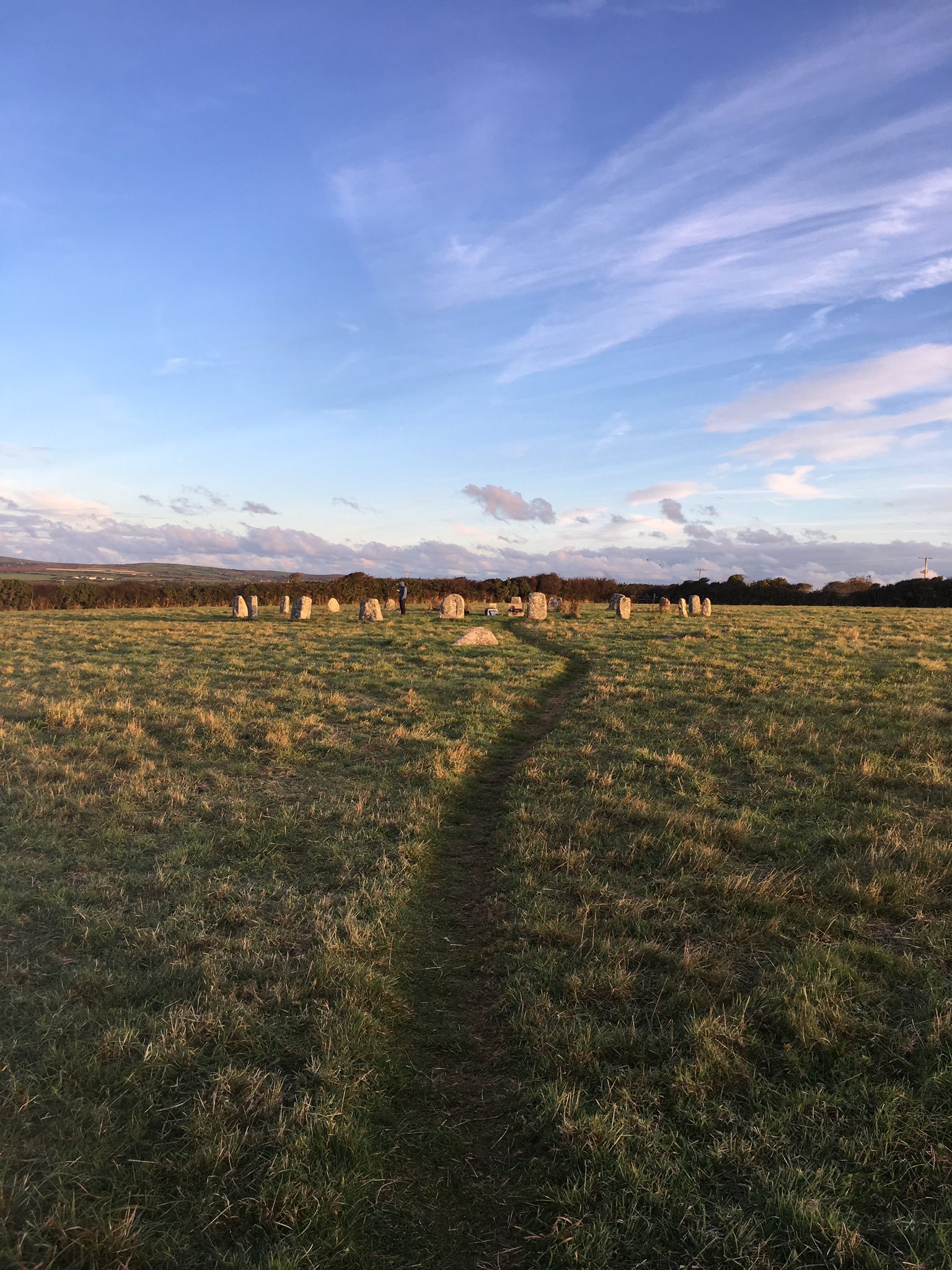In my work I teach a variety of topics. One of the most popular is Stone Age. When I start my day off I start off with the concept of Prehistory. This introduces the idea that there was something before writing and records. From this I explain to children born this century, in fact last decade, that there was a world before mirco-waves, mobile phones and even televisions. These things that are so ubiquitous in our own lives are only very recent inventions. In my own experience essays written in my first year at university were entirely hand written, the internet was never used for research despite being lauded as the next big thing. A subject I remained skeptical about until the the first years of the next century. These things make me think, what in our ancestors worlds was so ubiquitous and fundamental that they couldn’t imagine a world without it?
When we think about the Stone Age we are considering a period of history that covers a mind boggling six million years. If your mind doesn’t boggle imagining that about of time you are not doing it right. There were people who never imagined that the ice age would end, those who made their homes in Doggerland or on the mountains that would become the isle of scilly never imagined that the seas would one day displace their descendents. There were people who never imagined that the Neaderthals would become extinct or the mega fauna they relied upon for food and shelter would vanish from the Earth.
Prehistory comes to an end, in Britain, with the invasion of the Romans. The brutal conquest and the ‘civilisation’ of the Celts brought to an end a civilisation that covered Europe from modern Wales to Greece. In a blink of an eye certainties and attitudes and traditions came to an end. The Romans themselves believed Rome to be eternal and the sacking of Rome in the 5th century was a shocking event recorded in the literature of the time.
The term Dark Age is contested by modern historians but certainly there was a loss of knowledge, security and what I think we would describe as civilisation. The Anglo-Saxons were fascinated by the Roman ruins and no diplomatic mission was complete without a tour. The fantastic poem ‘The Ruin’ speaks to this fascination. In fact I would argue that the Anglo-Saxons didn’t believe they would ever equal the Romans and that they were living in the sun set of the world, which possibly accounts for some of the melancholy in their poetry.
From the Dark Ages though the Medieval period we come to Reniassance and the Age of Reason. These are ages of discovery but they are ages of certainties as well, who would have guessed the Hapsburg Empire would have vanished in the 20th century, who would have guessed that the British Empire, in the form we most readily associate with it, would endure for less than a hundred years?
We all live in a moment of time where subjectively speaking the powers that be are the foundations of the Earth. But objectively speaking they are ghosts that appear and disappear like the sparrow in the Anglo-Saxon story. Life, the bard says, is like a lighted hall of merriment and companionship. The sparrow flies in through one window out from the dark night and into the hall for a moment before flying out again though another window and again into the dark. The only certainty I can offer you is the uncertainty of certainty.


